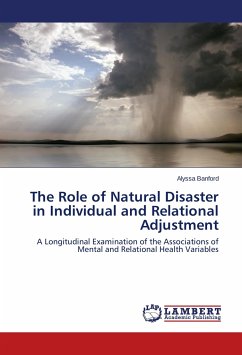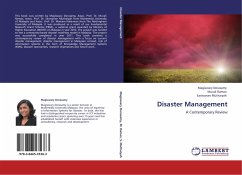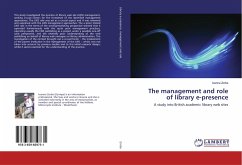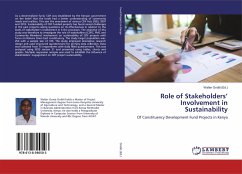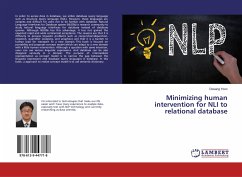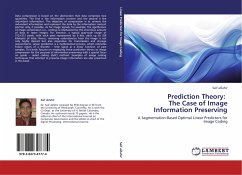The prevalence of natural disasters, and the enormous impact they have on the lives of those affected, is significant and far reaching. Previous research focused on adverse effects has indicated that exposure to natural disasters may exert particular consequences for mental health. The relational outcomes of disaster survivors are yet to be fully understood and adequately examined. Furthermore, women, especially in lower income countries, are more likely to suffer adverse financial, physical, mental and emotional outcomes of disaster.The purpose of this study was to examine the associations between maternal mental health, the presence of a child's disaster-related physical health problems and family cohesion over time among Sri Lankan survivors of the 2004 tsunami. Each of these variables was measured using a self-report questionnaire administered four months after the tsunami and again three years later. Path analysis was utilized to examine the relationships between the key variables. Results of the path analysis indicated that mental health and family cohesion four months after the disaster significantly predicted variance in mental health and family cohesion three years later.
Bitte wählen Sie Ihr Anliegen aus.
Rechnungen
Retourenschein anfordern
Bestellstatus
Storno

